To date, there has been much discussion on the impact of technology on traditional legal practice in terms of virtual law firms, online dispute resolution (ODR), and other innovative legal software. At the same time, however, there has been surprisingly little discussion of the impact of technology on A2J for those with low income.
With the intention of filling an important void, The Legal Education Foundation in London has funded a new website: http://law-tech-a2j.org to serve as a resource on developments at the intersection of “law, technology, and access to justice.” The initiative follows from two previous annual reports for 2014 and 2015 (available here), which talk about developments in the field. At present, one of the website’s main features is a blog by researcher, journalist, and legal services consultant Roger Smith (OBE). Other external contributions include pieces from ADR and ODR experts, a piece from a UK developer of family law software, and an account from Hackney Community Law Centre.
The website is looking to post around 10 blogs per month on topics that pertain to the following themes:
- General overviews
- The impact of and approaches to overcoming the digital divide
- Legal developments of relevance to those who are poor (ex: use of guided pathways, automated documented assembly, ODR)
- Innovative ways in which digital provision may be integrated with and supplement conventional services
- The potential use of technology to supplement legal services in low income countries
The website is currently inviting blog contributions (around 800 words in length, 1500 being the maximum) for those interested in writing on any of the above themes. Furthermore, the website is also looking for volunteers to be part of a reference group. If you would like to write a contribution for the site, participate in the reference group, or provide any additional feedback, please email Roger at rsmith@rogersmith.info.










